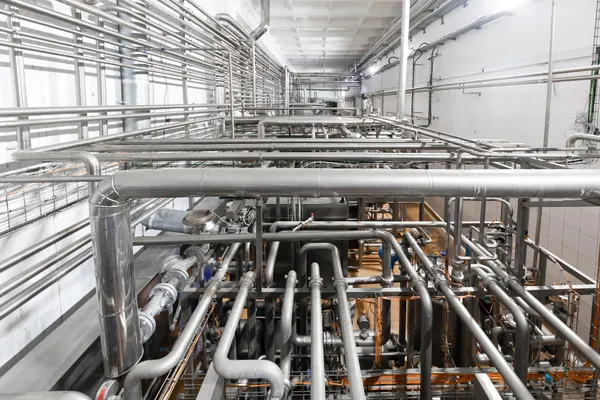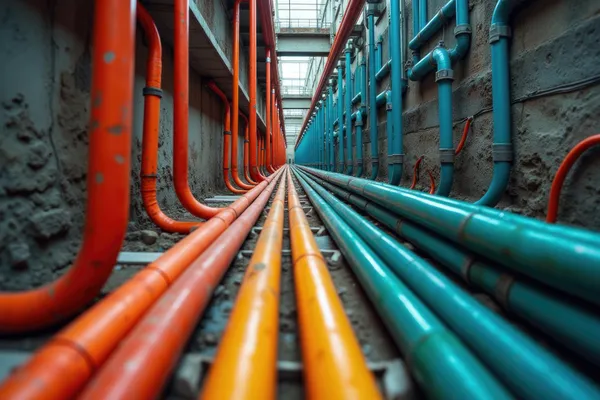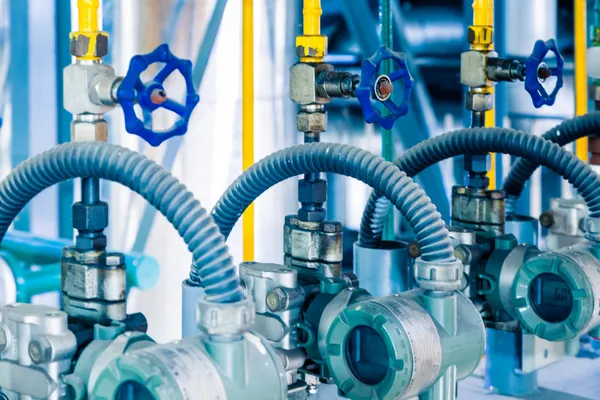Mechanical Piping & Utilities
Mechanical piping and utilities are essential components in various industries, including pharmaceuticals, food and beverage, chemical processing, and manufacturing. These systems ensure the efficient transport of fluids, gases, and other materials while maintaining the integrity and safety of the processes involved.



Key Components of Mechanical Piping and Utilities
Piping Systems: These are designed to transport liquids, gases, and slurries. The selection of materials (such as stainless steel, PVC, or carbon steel) and pipe sizes depends on the type of fluid, pressure requirements, and regulatory standards.
Valves: Essential for controlling the flow within piping systems, valves regulate pressure, direction, and volume. Various types include gate valves, ball valves, and check valves, each serving specific functions.
Fittings and Flanges: These components connect pipes and facilitate changes in direction, size, or branching. Proper selection and installation are crucial for system integrity and performance.
Supports and Hangers: Mechanical piping systems require appropriate supports and hangers to maintain stability, reduce vibrations, and prevent sagging or misalignment.
Utility Systems: These encompass a range of services, including:
- Chilled Water Systems: Used for cooling processes or equipment.
- Heating Systems: Such as steam or hot water, essential for various industrial applications.
- Compressed Air Systems: Vital for pneumatic tools and equipment.
- Vacuum Systems: Used in processes requiring low pressure or suction.
- Chiller Plant Room & Cooling Tower.
